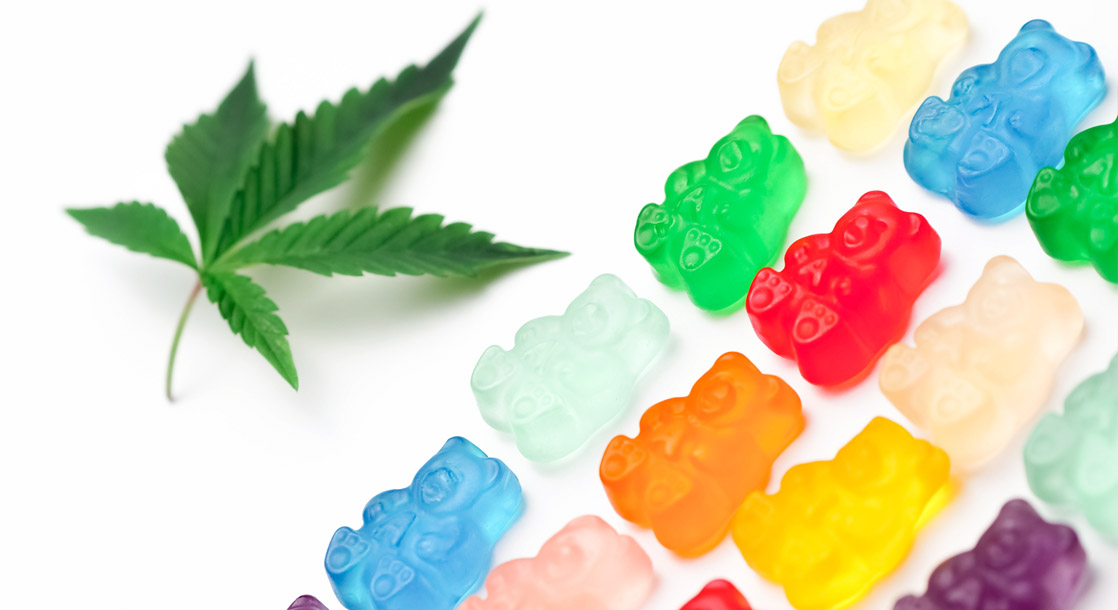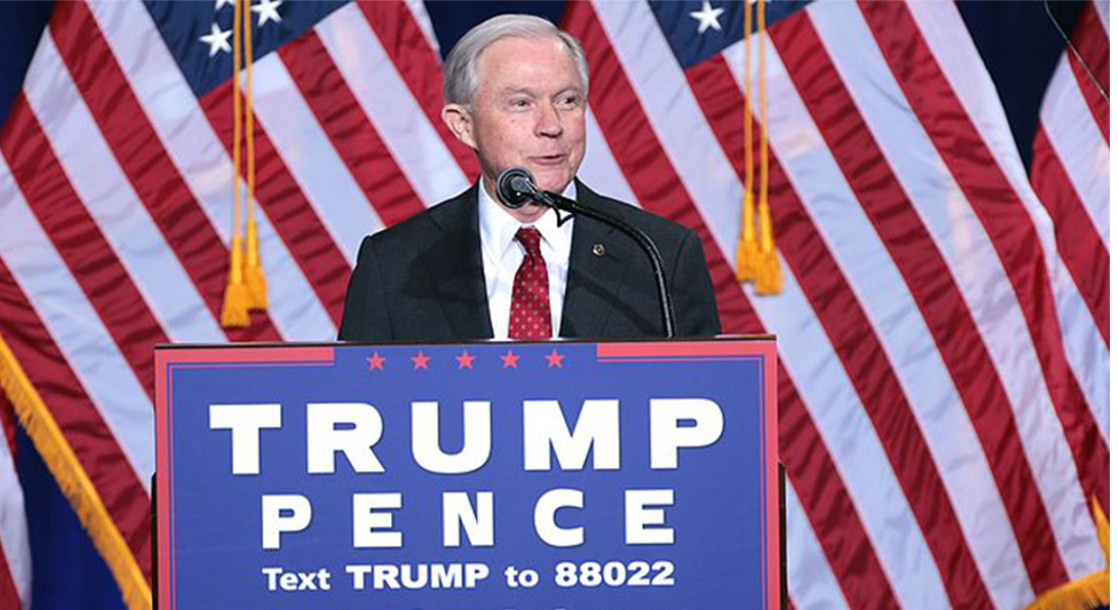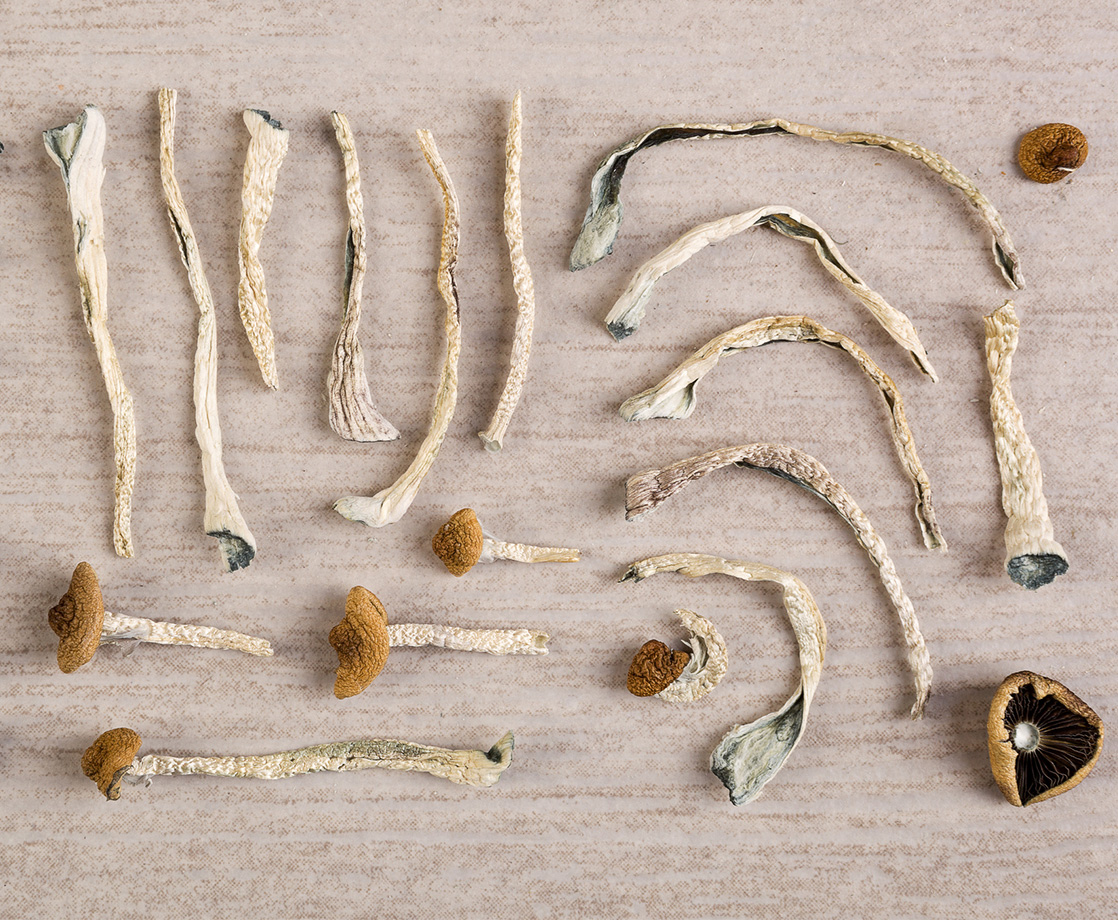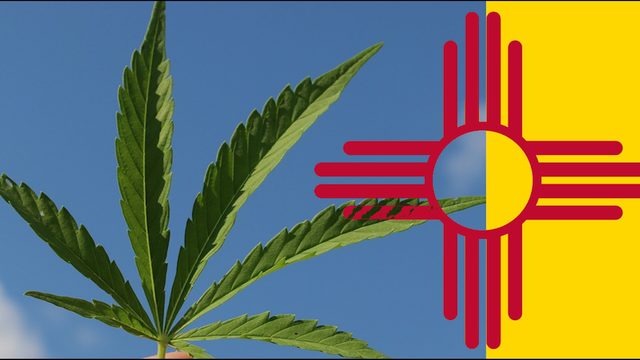Minnesota’s legal hemp producers have been making a killing since state lawmakers somewhat inadvertently legalized THC edibles earlier this month.
This spring, the state legislature passed a bill to legalize and regulate the sale of products that contain cannabinoids derived from federally-legal hemp. The new law reverses the state’s previous ban on CBD-infused drinks and beverages, but it also fully legalizes the sale of psychoactive hemp edibles containing delta-8 and even delta-9 THC. This latter detail was apparently a big surprise to some of the Republican lawmakers who voted for the bill, leading many to speculate that they never bothered to read it thoroughly.
Despite the state’s former ban on hemp-derived cannabinoids, many local stores still sold unregulated CBD and THC edibles. But now that these products are completely legal, demand is skyrocketing. One single wine shop in the small town of La Crescent said that they have sold around $700 to $800 worth of THC edibles since July 1st, the day that the new hemp law took effect. Other stores all across the state are rushing to stock their shelves to meet the growing demand for THC.
Minnesota’s new law imposes a number of regulations on these newly-legal products. Hemp foods and drinks are limited to 5mg of THC per serving, or 50mg per package – half the standard dose available in most states’ adult-use markets. Psychoactive products can only be sold to adults aged 21 or older and cannot be packaged in a way that might appeal to children. Some companies are already working to create new THC-infused drinks and edibles that comply with these regulations, and are hoping to drop new product lines as soon as next month.
The vast majority of THC products that are currently available on the market do not actually comply with the new regulations, however. And although the new law has set these rules in place, it does not include any specific plans on how they will be enforced. Many local government officials are outraged that legislators passed the law without consulting them or providing oversight, and are now scrambling to figure out how to enforce the regulations themselves.
“This law is absolutely a positive step for Minnesotans to access products in a safe and legal way,” said state Rep. Heather Edelson, the bill’s author, according to FOX9 News. “That said, with every law we pass at the state level, issues will arise throughout the year when the Minnesota Legislature is not in session. The ability for municipalities to offer important guidance and clarity on day-to-day operations and compliance within a city is vital.”
Now that the new law is in full effect, town councils will have to figure out ways to ensure that stores are not selling psychoactive products to minors. On top of that, municipalities will need to find ways to crack down on products that look like candy or contain more than 5mg THC per serving. Local governments will also need to decide whether or not to allow their employees to use these legal products in their free time.
Some municipalities hope to forego this whole situation by simply banning THC products within their own jurisdictions, but the new hemp law does not specifically grant them the ability to do so. Republican lawmakers are already planning to add a new raft of restrictions to the existing law, or overturn it entirely, but Governor Tim Walz, an advocate of full adult-use legalization, is likely to veto any extensive reversal of the new law.
Cover image via











